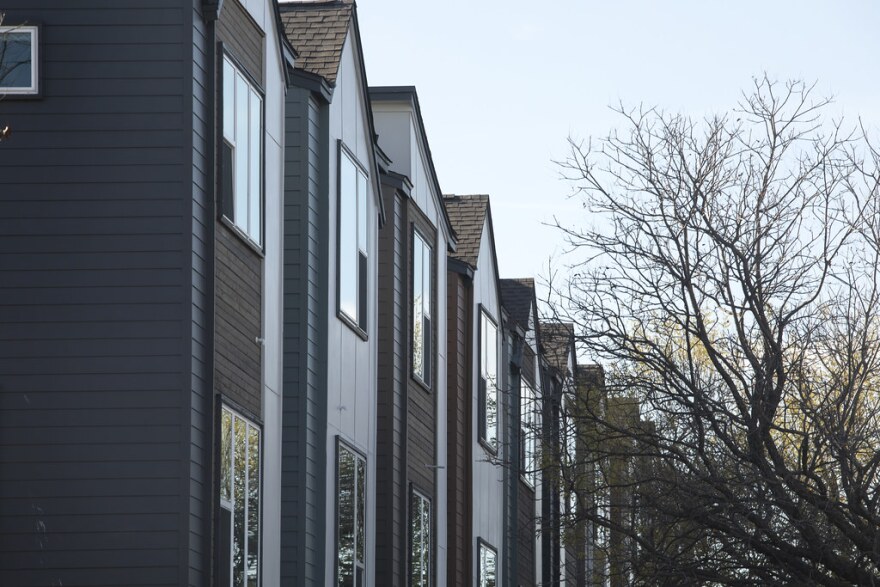The City of Austin and the local public housing authority received 10,738 applications for a slice of $1.2 million the city put aside to help people affected by the COVID-19 pandemic pay their rent. But only about 1,000 families will get help.
“The demonstrated need, as expected, far outweighs the amount of support that we have to offer right now,” Rosie Truelove, director of the City of Austin’s Neighborhood Housing and Community Development Department, told council members at a meeting Tuesday.
Renters who get the help will be chosen by lottery and the city said landlords will be paid directly by Friday.
Applications for the rental assistance program opened last week. To be eligible, applicants had to have been unable to pay rent for May and making less than 80% of the median family income which, for a family of four in Austin, is about $78,000 a year.
RELATED | Evictions in Austin pushed back until late July, Mayor says
On the first day of the application period, 5,692 people applied for help, according to city data.
Kimberly Hill was one of those people. The 47-year-old runs a small pet sitting business, but when people stopped traveling because of the COVID-19 pandemic her business dried up. She was able to pay April and May rent with savings, but she’s unsure where the $825 she owes for June rent will come from.
“I’m about to hit a wall,” Hill said.
The thousands who applied to the city’s program and were eligible requested a total of $6.9 million in rental assistance, a number council members said Tuesday may help them understand how much of the city’s federal aid money should be spent on rental assistance.
But experts like Texas Housers Deputy Director Christina Rosales said that number seems low and that the need for rental assistance will only grow.
“Renters are paying their rent or they’re making payment plans, they’re putting in their due diligence and only a small percentage aren’t doing that,” said Rosales, citing a national survey of landlords that found only a 5% uptick in renters who didn’t pay rent for April 2020 compared to the same month last year.
“The caveat is that a lot of renters may be paying with credit cards or making partial payments,” she said.
Rosales added that renters could begin to feel the burden of that debt in a few months, and that local governments need to prepare for this.
Renters in Austin were already struggling before the pandemic began. According to an analysis of Census data by Harvard University released earlier this year, nearly half of all Austin area renters were considered ‘cost-burdened,’ which is when someone has to spend more than 30% of their income on rent and utilities.
And while renters in Austin have more time to pay owed rent and are protected from eviction until July 25 (some being protected until late August), eventually rent will come due.
Of the nearly 11,000 people who applied the city for rental assistance, about half were ineligible. Truelove said this includes people who live in extended stay hotels or motels, or people who are in informal rental situations where, for example, they’re living with family and have not signed a lease.
Those are precisely the people who may need rental assistance the most, said Rosales.
“People look to those temporary [housing] solutions during a time of personal crisis. A lot of the time it’s during domestic violence situations or it’s during a major financial shock,” Rosales said. “We don’t want them to experience double the trauma.”
Correction: An earlier version of this story stated that the nearly 11,000 applications the city received represented roughly $6.9 million in requests for rental assistance. In fact, the $6.9 million requested came from the roughly 5,500 people eligible for help.
Got a tip? Email Audrey McGlinchy at audrey@kut.org. Follow her on Twitter @AKMcGlinchy.
If you found the reporting above valuable, please consider making a donation to support it. Your gift pays for everything you find on KUT.org. Thanks for donating today.





